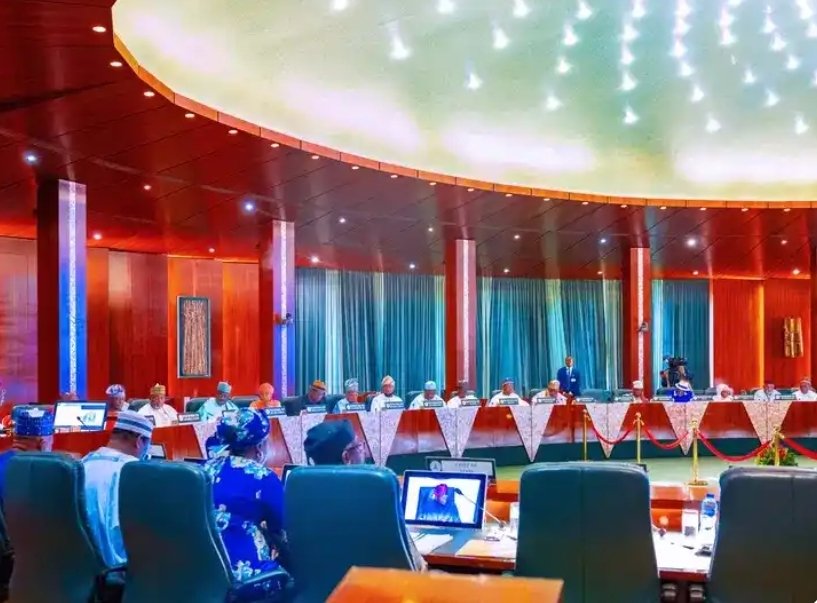The Federal Government has approved the Medium Term Expenditure Framework (MTEF) for 2025-2027, as well as the Fiscal Strategy Paper .
The proposed budget size is N47.9 trillion, with new borrowings of N9.22 trillion.
This information was revealed by the Minister of Budget and Economic Planning, Abubakar Bagudu, after the Federal Executive Council meeting at the Aso Rock Villa in Abuja.
Bagudu said, “The Federal Executive Council approved a memorandum by the Ministry of Budget and Economic Planning, presented by the Director General of the Budget Office, Tanimu Yakubu, on the Medium Term Expenditure Framework and Fiscal Strategy Paper for 2025-2027.”
The Council is set to transmit the framework to the National Assembly either on Friday, November 15th, or Monday, November 18th.
The minister outlined the parameters, including “an oil price benchmark of $75 per barrel for 2025, oil production of 2.06 million barrels per day, an exchange rate of N1400 to $1, and a GDP growth of 4.6 per cent.”
“For 2025, the Federal Government’s budget estimate for aggregate expenditure is N47tn, including a borrowing of N13.8tn, which is 3.87 per cent of the estimated GDP.
“This includes projections, with, for the first time, provisions for contributions to the development commissions that have been approved by the National Assembly.”
He added, “The budget size approved for presentation to the National Assembly in the MTEF is N47.9tn, with new borrowings of N9.22tn to finance the budget deficit in 2025. We aim to sustain the commendable market deregulation of petroleum prices and the exchange rate, compel the Nigerian National Petroleum Corporation Limited to significantly lower its oil and gas production costs, and potentially amend relevant sections of the Petroleum Industry Act 2021 to address key risks to the Federation.”
Bagudu further noted that the MTEF
included a review of the 2024 budget implementation, highlighting promising progress in revenue collection and expenditure management.
“Despite some lags in prorated targets, the overall trajectory shows that fiscal efforts are on track, with key non-oil streams performing better than anticipated,” said Bagudu.



